Baku and Astana: shared goals, unified vision for future Kazakh experts on Caliber.Az
President of Azerbaijan Ilham Aliyev is on a state visit to Kazakhstan at the invitation of the country’s leader, Kassym-Jomart Tokayev. The dialogue between the two heads of state is expected to cover the full spectrum of bilateral cooperation.
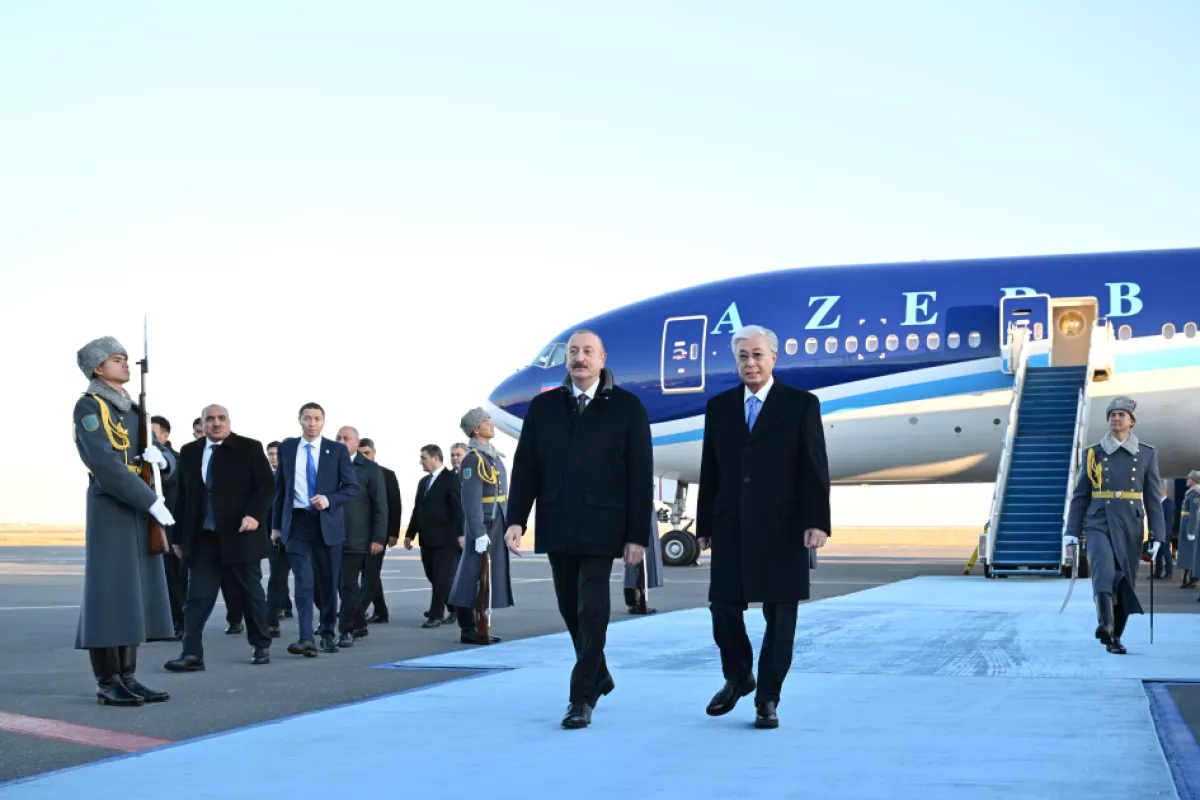
What are the expectations for President Aliyev’s visit to Kazakhstan? How do local experts assess the current nature and level of cooperation between Baku and Astana? Kazakh political analysts and experts shared their views on these topics with Caliber.Az.
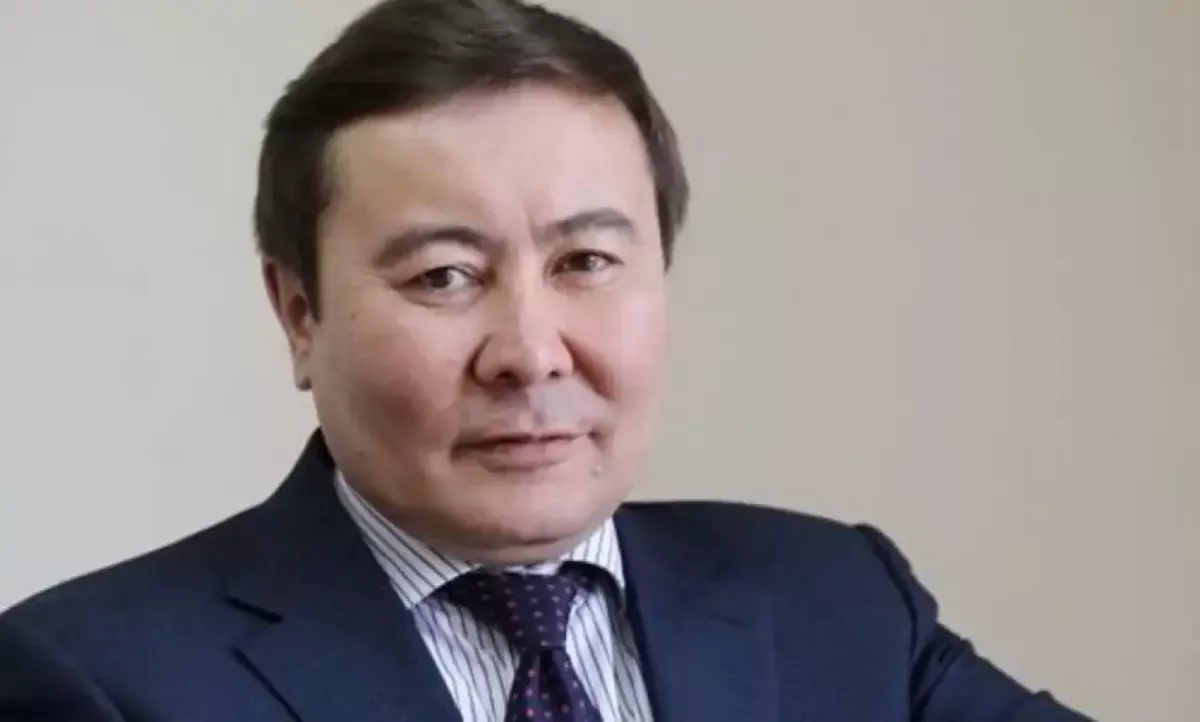
Thus, Talgat Kaliev, PhD in Political Science and a member of the National Kurultai under the President of Kazakhstan, believes that President Ilham Aliyev’s visit to Astana can be confidently expected to be highly productive and substantive.
“Meetings between Ilham Aliyev and Kassym-Jomart Tokayev always take place in an atmosphere of trust and mutual respect. The development of the current geopolitical and geo-economic situation also actively contributes to the intensification of contacts and cooperation between Central Asia and the South Caucasus, as well as to the development of the Trans-Caspian International Transport Route (TITR) and the OTS [Organisation of Turkic States - ed.], where both Kazakhstan and Azerbaijan are key players. Another important area of cooperation is Kazakhstan’s participation in the revival of the jewel of the Turkic world – Karabakh. It is also very encouraging that the Kurmangazy Children’s Creativity Centre, built by the Kazakh side, is now operating in Fuzuli,” said Kaliev.
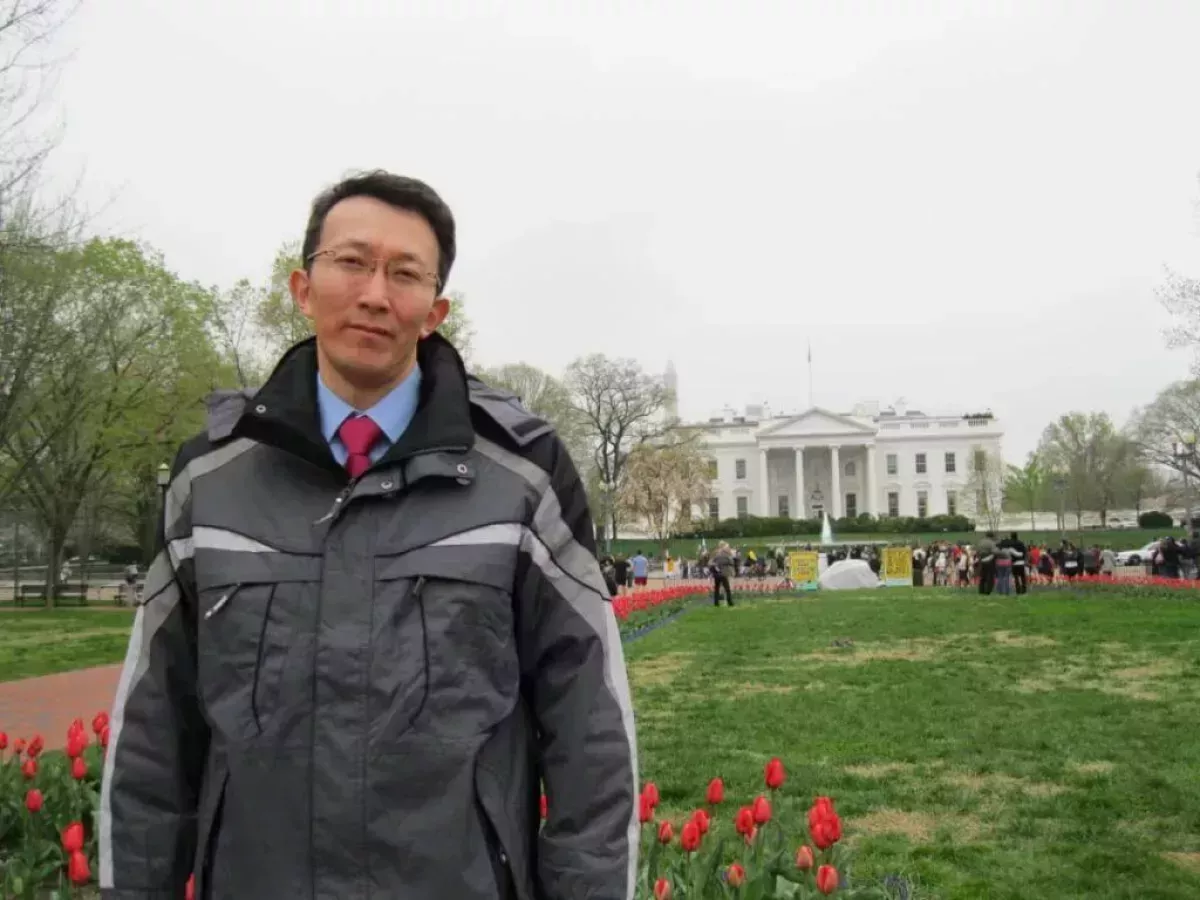
Meanwhile, Farhad Kasenov, political analyst and head of the A+Analytics Research Center, noted that in the current geopolitical context, Kazakhstan considers its relations with Azerbaijan among its top priorities.
“Active political dialogue between the two countries is reflected in regular high-level meetings. Just last year, the President of Kazakhstan visited Azerbaijan twice, including during COP29, and every visit by President Ilham Aliyev to Kazakhstan is a major event for us,” the expert said. He added that this dynamic helps advance joint initiatives of strategic importance.
“For Kazakhstan, the Republic of Azerbaijan is a gateway to Europe. In the context of global confrontation and sanctions pressure, it is through Azerbaijan that our country can engage directly with European partners. Kazakhstan has historically been fortunate that across the Caspian lies a fraternal, friendly state that supports us and opens the path westward,” the political analyst explained.
The expert also highlighted that a key element of cooperation is the participation of both countries in the “Middle Corridor” project, which is transforming from an alternative route into one of the main transport directions between China and Europe.
“Year by year, the volume of goods traffic is growing, and Azerbaijan plays a key role here as a crucial link in the transport and logistics chain,” Kasenov noted.
In addition, he said, Azerbaijan helps Kazakhstan overcome elements of geographical isolation.
“Currently, a project is underway to build a fiber-optic communication line between the two countries. This will allow Kazakhstan to diversify its connections to the global information network and reduce dependence on other routes, which is especially important in the event of potential internet restrictions or blockages in certain regions,” he emphasised.
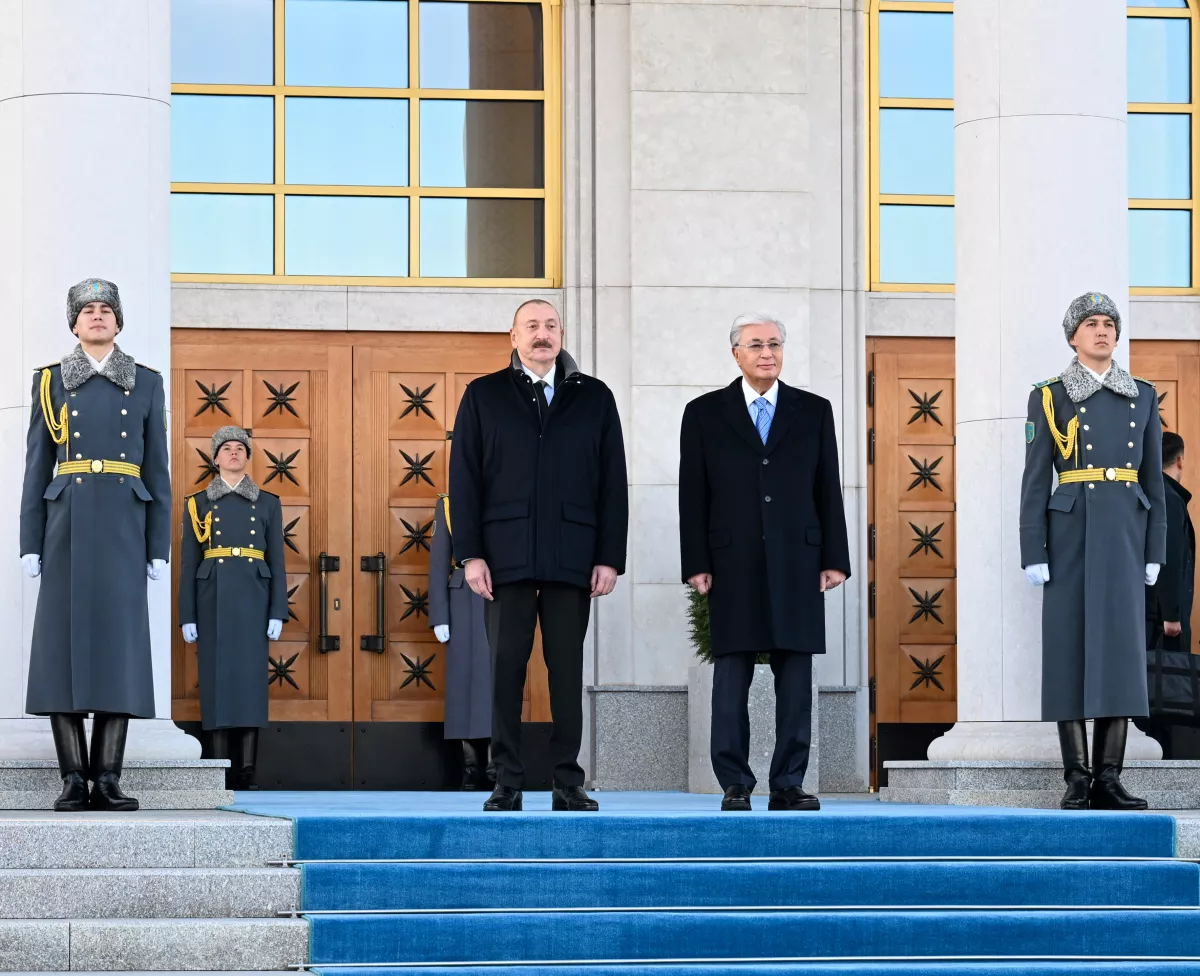
The expert also added that Azerbaijan provides Kazakhstan with an alternative route for transporting energy resources to European markets.
“Thanks to Azerbaijani pipelines, Kazakhstan gains an additional route for delivering its oil to Europe, significantly strengthening our energy security. Therefore, the visit of the President of Azerbaijan to our country is not only a symbolic event reflecting our shared historical and cultural roots but also an important step in strengthening political, economic, and humanitarian partnership. We look to the future in the same direction, and Azerbaijan occupies a special place in Kazakhstan’s system of international relations,” Kasenov concluded.
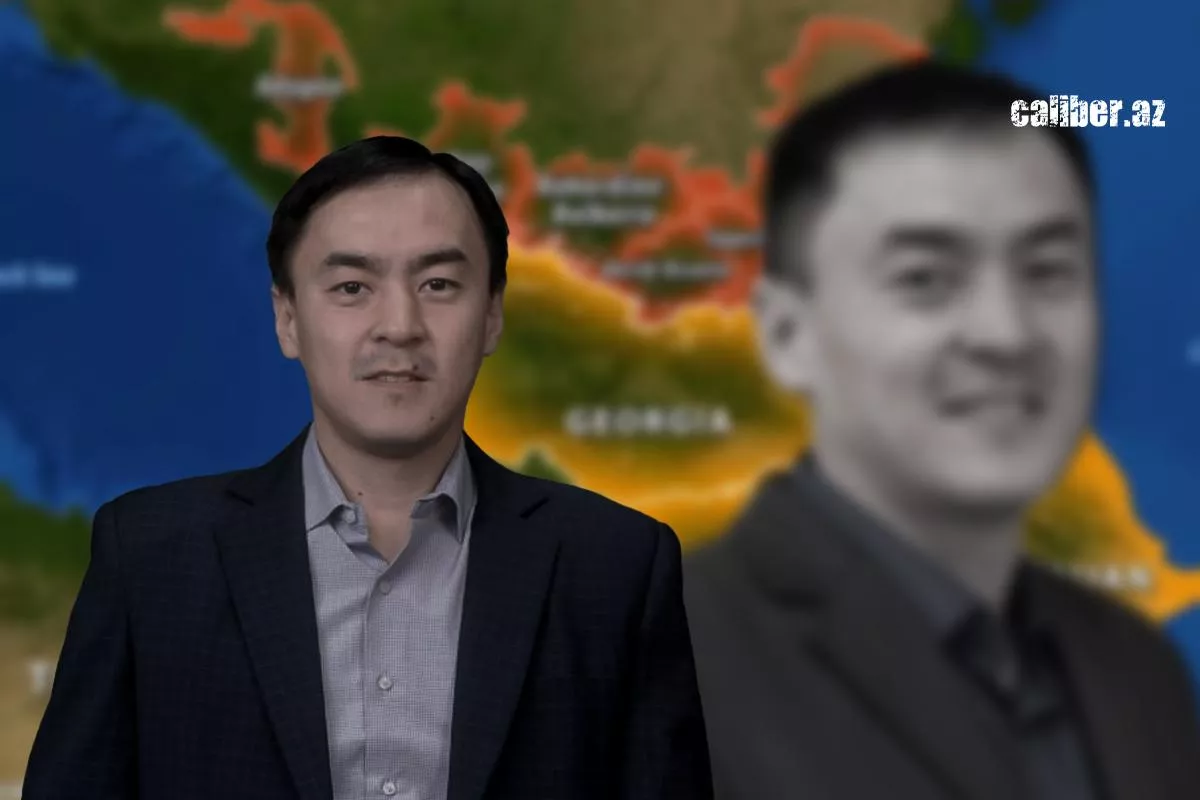
Meanwhile, Sharip Ishmukhamedov, PhD in Political Science, emphasised that the state visit of the Azerbaijani President holds great significance for both sides, as it can give new momentum to strategic partnership and clarify economic agreements.
“This visit is extremely important,” Ishmukhamedov said. “It is needed to finalise concrete agreements and demonstrate tangible political and economic results of our strategic partnership. Today, virtually all areas of cooperation between our countries are actively developing—from energy and trade to transport, investment, culture, and youth initiatives. Importantly, this positive dynamic continues to grow.”
According to him, particular expectations are linked to concrete decisions in the transport sector: “Currently, the creation of a unified organisation for managing railways is under discussion, which will simplify coordination and improve the efficiency of transport and goods turnover. In addition, completing the fiber-optic cable project between our countries is very important. For Kazakhstan, it is strategically necessary to ensure independent internet connectivity, which currently passes through Russian territory.”
The expert also highlighted the significance of the Baku–Tbilisi–Ceyhan pipeline: “In recent years, the volume of Kazakh oil transported along this route has decreased to 1.5–1.7 million tons per year. We hope that the visit will lead to new agreements and increase this figure to at least 3–4 million tons, and in the long term — up to 7 million. This would allow for more precise planning of exports, investments, and revenues in the oil sector.”
Our interlocutor also noted that Kazakhstan is looking to clarify its role in the Zangezur Corridor.
“We hope that during the visit, the mechanisms for Kazakhstan’s participation in this project will be clarified, providing additional opportunities for trade and transit, and strengthening transport connectivity among the countries of the Turkic world,” Ishmukhamedov concluded.
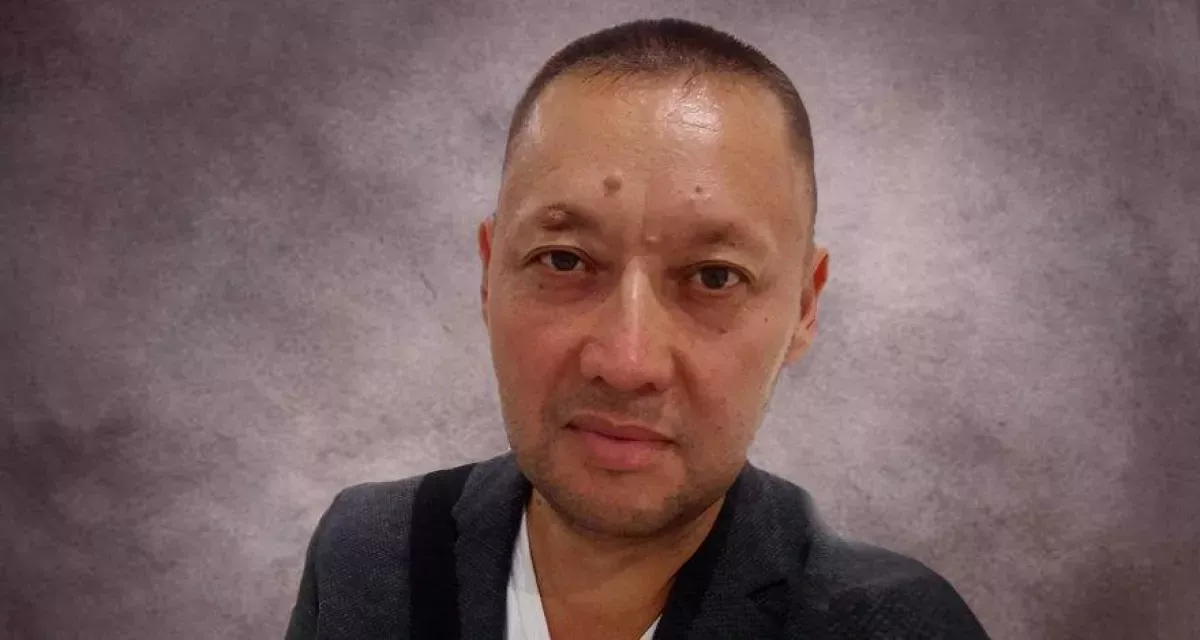
Political analyst, blogger, and international law expert Ruslan Tusupbekov is confident that President Aliyev’s visit to Kazakhstan will be intensive and highly productive, with key discussions focusing on enhancing the transit potential of both countries.
“With the anticipated launch of the Zangezur Corridor, there is much to discuss, starting with the development of a roadmap. We have many areas that require attention: energy, mutual trade, the Caspian Sea—including environmental issues. In his pre-visit interview, President Aliyev highlighted important points, such as the shrinking of the sea and the cooperation of Caspian littoral states in this regard. As has been repeatedly emphasised, the Caspian is a sea that unites us rather than divides us, and its potential must be used as effectively as possible. Many of the issues discussed during President Tokayev’s visit to Gabala for the OTS summit, I believe, will continue to be addressed.
Regarding the level of interaction between the two states, I believe it is very high. Concerning direct relations, I can say that they are among the most intensive within the CIS [Commonwealth of Independent States - ed.] and are developing very smoothly and rapidly,” Tusupbekov stated.
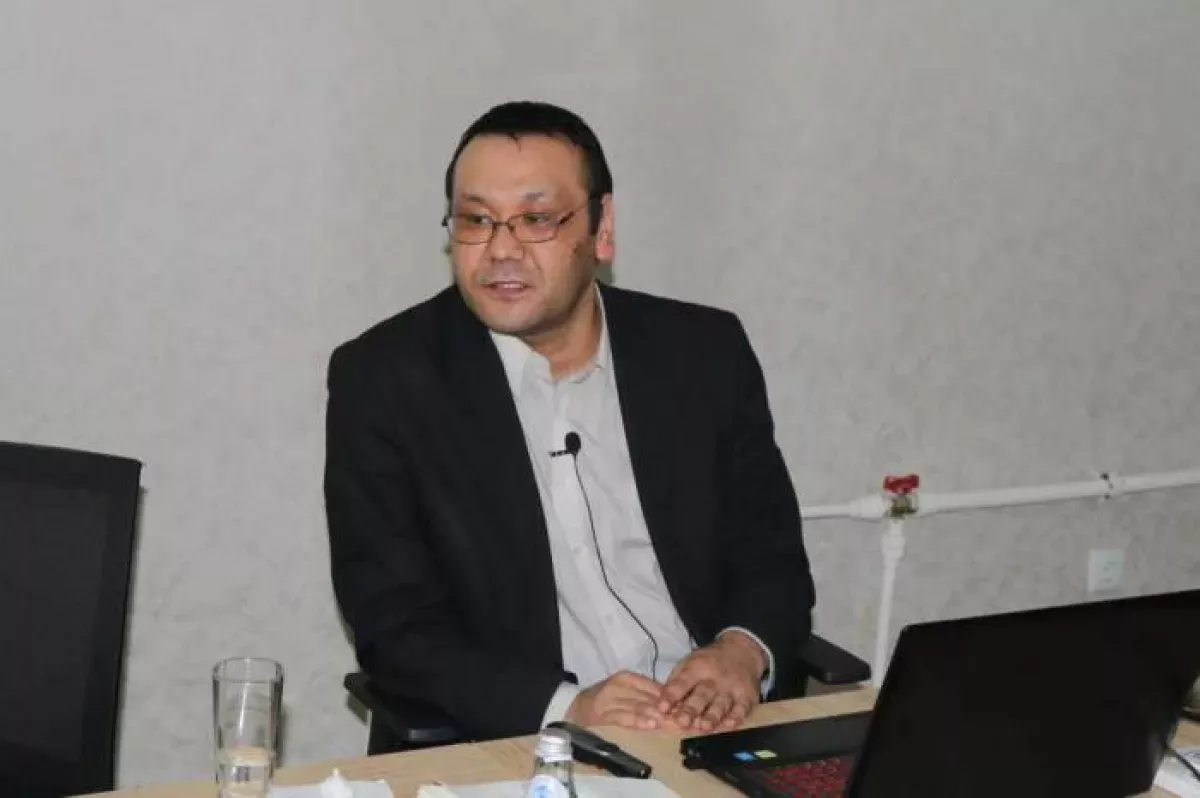
Saken Mukan, professor of the Department of Media Communication and History at Kazakhstan’s IITU, in turn, stated that in recent years Azerbaijani–Kazakh relations have intensified and strengthened across many areas, supported by key connecting links and Kazakhstan’s position on various issues concerning Azerbaijan.
“Perhaps, as an example in bilateral relations, it is worth noting the strategic partnership between the two states regarding Karabakh. Kazakhstan’s balanced foreign policy has once again demonstrated its effectiveness at the state level, while the Kazakh expert community has closely followed and admired Azerbaijan’s military and political successes, supporting our fraternal country through information tools,” Mukan said.
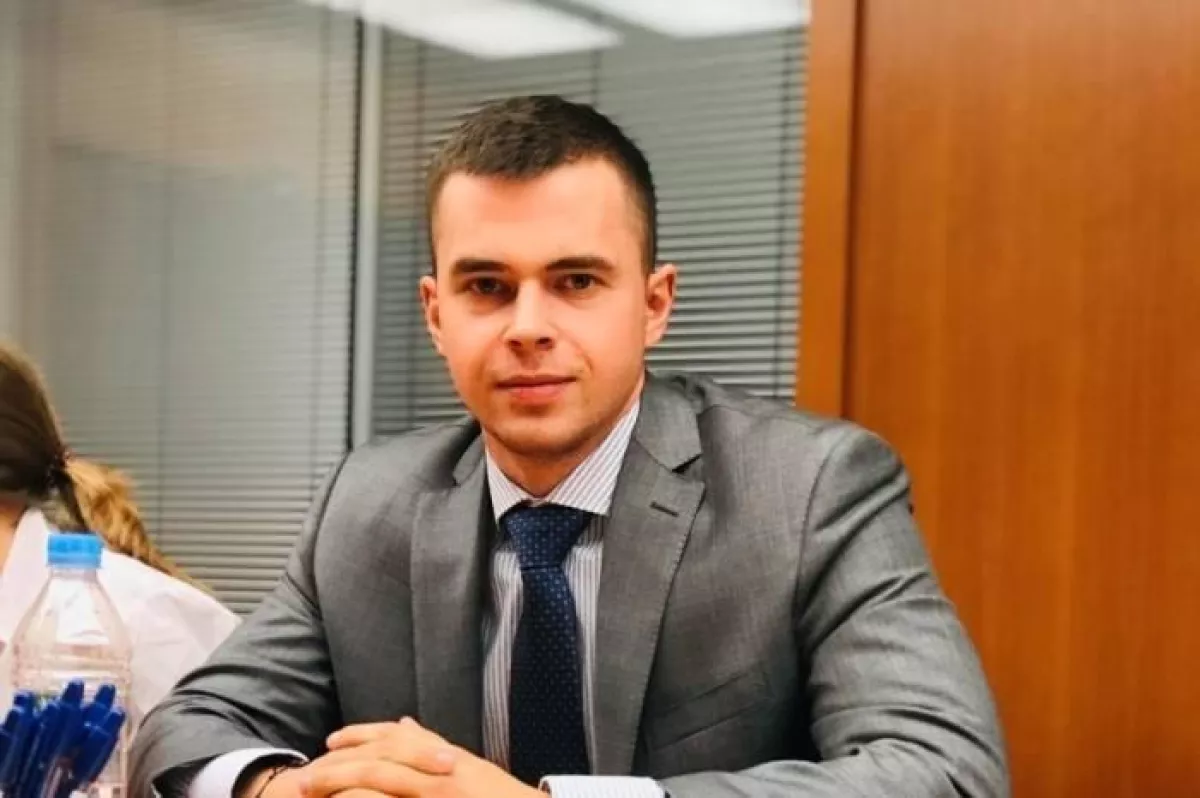
At the same time, economist and political analyst Ruslan Salikhov believes that cooperation between Kazakhstan and Azerbaijan carries special geopolitical significance.
“The two states occupy leading positions in their respective regions, and the opportunities to establish communication links that have emerged now are, without exaggeration, of historic importance. The Middle, or Trans-Caspian, International Transport Route is a unique artery that, perhaps for the first time, can reliably connect our countries and create an unparalleled transit trade route, with Europe at one end and China at the other. While Azerbaijan represents the South Caucasus, Kazakhstan provides logistics across the vast region of Central Asia, and once this global transit operates at full capacity, both the West and the East will have to reconsider their roadmaps in light of these realities. It is crucial to fully utilise the potential of the Middle Corridor, including its Zangezur section. That is why, in my view, the dynamic between Kazakhstan and Azerbaijan has strengthened so significantly. Our presidents fully understand this, and I believe this visit is aimed at serious work in this direction,” Salikhov said.








